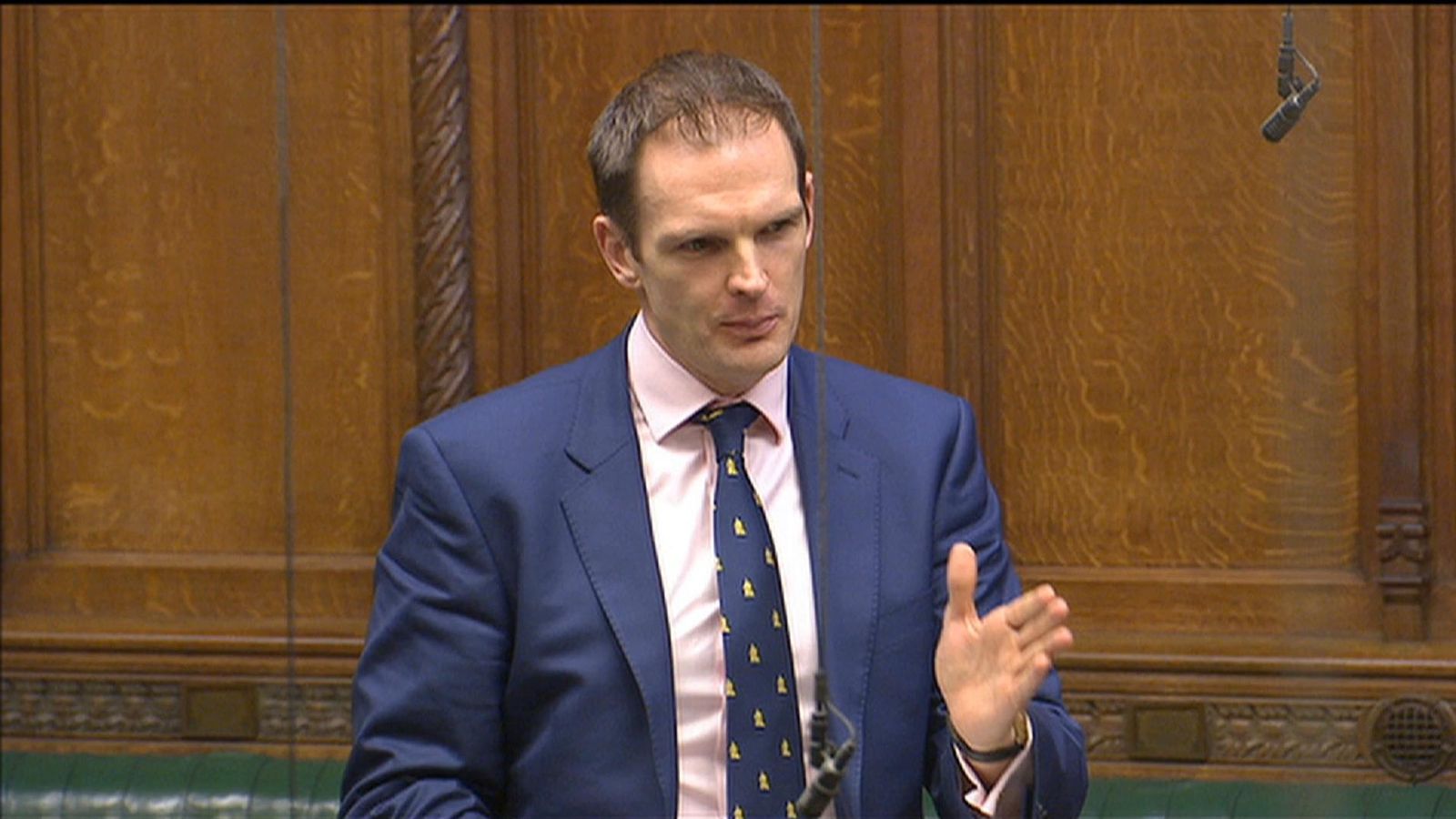This NFT heat is still strengthening in 2022. Industry leader Opensea has seen record daily active users at the beginning of 2022, and the platform’s transaction volume improved to $4.491 billion in January this year, a 102% YoY increase. Many emerging NFT platforms have also emerged in areas that naturally fit NFT applications such as collectables, artwork, gaming, metaverse, and entertainment.
On March 21, MusicY, an NFT platform focusing on music, landed on the big screen of NASDAQ and officially started to offer music NFT to the world. As the first music NFT trading platform based on Ethereum+Web3.0 architecture, MusicY will build a long-lost intimate bridge for musicians and fans around the world.
Over the past decades, the music market has moved through the recording era into the streaming era, and the development of the Internet has not only disrupted the traditional music industry but also triggered copyright wars between platforms. Although digital music has been developed for many years, the music industry still lacks transparency and inefficiency in copyright-related operations, with rampant piracy and the proliferation of scalping in the performance market. In particular, music creators in the lower and middle-income groups, as the source of the music industry, have been suffering from the unfair distribution of the industry, facing three major problems: difficulty in earning money, difficulty in defending rights, and difficulty in bargaining; fans and their favorite musicians have also erected a high wall composed of CP manufacturers and streaming platforms.
A 2020 UK Digital, Culture, Media and Sport (DCMS) Council survey on “music economy” streaming, which combined data from platforms such as Spotify, Apple Music, Amazon Music and YouTube, found that music streaming in the UK brought in more than £1 billion in 2019 through 114 billion streams, but that musicians actually earned only 13 per cent of the total revenue generated, while artists earned only 12 per cent of the $40 billion in music industry revenue in the US.
Another set of figures: on Spotify, the average artist is paid $0.003 to $0.005 “per play,” which translates to $3,000 to $5,000 for a million plays, while in the music NFT space, digital artwork can easily fetch tens of thousands of dollars. One music NFT supporter, Cooopahtroopa, noted that Bajan rapper Haleek Maul’s music NFT sales on Catalog were $226,800, compared to his Spotify annual revenue of $178. That is, the musician’s one NFT sale is 1,275 times what he earns on Spotify in an entire year.
There is no doubt that the booming NFT market is expected to become a “shelter” for musicians. With the double whammy of a short-term income distribution problem and the continued spread of the epidemic (and the inability to earn income through offline performances), selling music through the NFT could revolutionize musicians and the music industry.
“Anyone can see it, but only one person can own it.” Anyone can watch and listen to it, but only one person can have ownership of the NFT. Stripped of blockchain technology, the music NFT is naturally immutable, indivisible, and uniquely serial numbered, a unique memento and honor that holds great magic for fans who are passionate about collecting their idols’ works.
Overall, Music NFT not only heralds the return of the value of collecting music works but also demonstrates the trend of change in reshaping the distribution of benefits in the music industry.
So, what specific changes will MusicY bring to the music NFT ecology it advocates?
First of all, Music NFT bundles the virtual and real and opens up unlimited possibilities for fans to establish connections with musicians with novelty, rarity, unique rights and investment value. For example, MusicY released the official Genesis NFT, PlayTiger, whose owners will automatically become PlayTiger Club members, and members can establish multiple connections and collaborations with artists. Musicians can also release innovative NFTs in MusicY in a free creative way. In addition to elaborate audiovisual art to provide fans with a sense of novelty, they can also come with exclusive rights and benefits such as lifetime VIP, the privilege to purchase concert tickets, private parties with musicians before performances, and exclusive lounge access, etc. Special rights and rare attributes will also bring appreciation space and investment for these NFTs. The special rights and rare attributes will also bring appreciation and investment value to these NFTs.
Second, in addition to directly producing and selling NFTs on MusicY and thus boosting revenue, musicians can also receive royalty income from each transaction through the provisions of smart contracts once NFT is circulated in the market. Through the open, transparent and traceable features of blockchain, MusicY establishes a set of innovative management methods for the whole process of producing, buying, selling and listening to music works. The de-intermediation feature eliminates expensive middleman fees, brings musicians closer to their fans, solves the complicated royalty payment process, the troubles brought by fake and scalped tickets, and the creators have no way to track the circulation of their works, etc. It is also beneficial to the management of multiple collaborators’ rights and revenue distribution.
Finally, MusicY builds a win-win economic system for musicians, fans and investors through innovative two-tier tokenomics. MusicY has designed a positive incentive cycle where the Musician token and MusicY token are mutually empowering. The former is a value pass for musicians and a bridge to connect fans, while the latter serves as a platform token and governance token. Together with MusicY’s three mining modes – MY lock mining, NFT stake mining and LP stake mining – such an incentive structure can keep users’ personal interests and MusicY unified, which will not only enable fans and investors to gain multiple benefits but also will empower the NFT collections on the platform to have higher value and more uses. At the same time, based on the network consensus, MusicY’s followers will actively participate in its music ecology, and the imagination of the music industry will be further stimulated, leading to a truly prosperous music market.
In the future, MusicY will continue to promote the music industry hand in hand with blockchain technology, build a sustainable ecology, and work with global musicians, fans, and cryptocurrency enthusiasts to create an innovative crypto music ecosystem.
In the face of today’s recurring epidemic and global economic downturn, where will the music industry go? MusicY may give a wonderful answer.




























